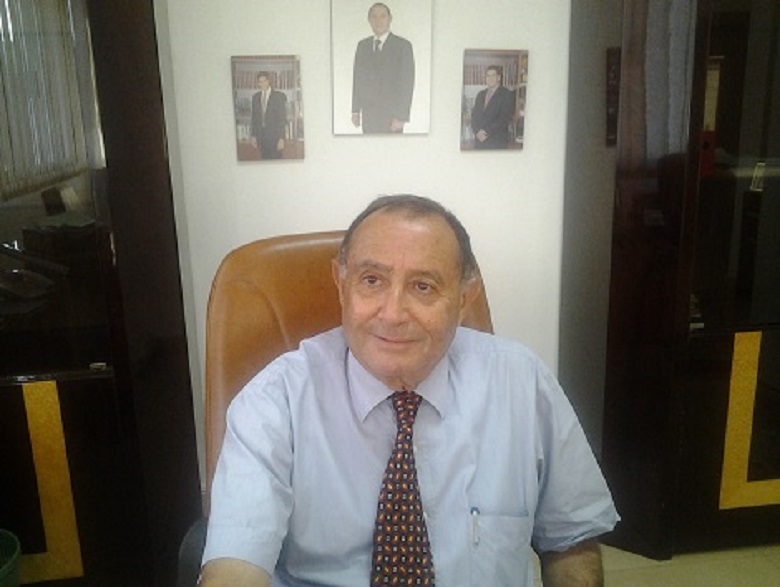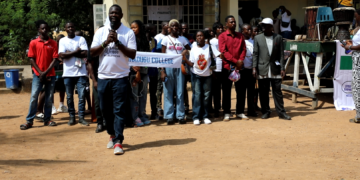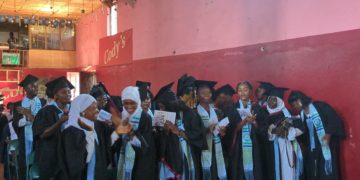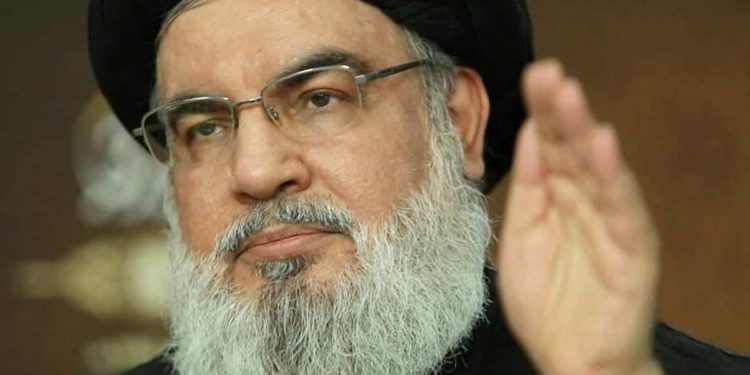Two top Guinean businessman of Lebanese origin are fighting against their designation as terrorist financiers.
Ali Saadi and a fellow Lebanese businessman Ibrahim Taher have been sanctioned by the United States government for their alleged link to the Lebanese militant group Hizballa, which the US considers as a terrorist entity.
They both are Guinean citizens, with Saadi holding a French passport and Taher holding a British passport, in addition to their Lebanese passports.
Saadi allegedly initiated money transfers from Guinea to Hizballah through the group’s representatives in Guinea and Lebanon.
Taher, on the other hand, was identified as one of the most prominent financial supporters of Hizballah in Guinea. He is believed to employ a number of individuals affiliated with Hizballah within the Mano River Union country. Taher is accused of using his position as honorary consul of Lebanon in Cote d’Ivoire to travel in and out of Guinea with minimal security checks.
“Saade and Taher are being designated pursuant to E.O. 13224, as amended, for having materially assisted, sponsored, or provided financial, material, or technological support for, or goods or services to or in support of, Hizballah,” the U.S. Department of the Treasury’s Office of Foreign Assets Control (OFAC) said in a statement on Friday, March 4.
Saadi, owner of the fishing company SONIT Guinea, is considered as one of the richest people in the country. His businesses span across the sub-region, with investments in real estate, agriculture and cocoa sectors.
The group also reportedly have subsidiaries in Sierra Leone. Ghana and Angola.
The sanctions mean that all properties and interests in properties of the individuals and any entities they are associated with in the US are frozen. Other businesses are prohibited from working with them.
“This action is aimed at disrupting Hizballah’s business network in West Africa, which relies on bribery and influence to circumvent the rule of law,” said the OFAC statement.

Hizballah was established in 1982, in a response to Israel’s invasion of Lebanon.
The US designated Hizballah as a Foreign Terrorist Organization in 1997, and as a Specially Designated Global Terrorist (SDGT) in 2001.
According to the OFAC, Saadi was specifically accused of having a close relationship with Hizballah supporter Kassem Tajideen, whom the OFAC designated in 2009 for being an “important” financial contributor to Hizballah.
Tajideen is thought to have contributed tens of millions of dollars to Hizballah, running cover companies for Hizballah in Africa.
The OFAC says Saadi made significant efforts to provide Tajideen with unrestricted access to corrupt members of the government of deposed Guinean president Alpha Conde. The Lebanese businessman also allegedly advised Tajideen on methods for making financial transfers to evade detection by regulators.
Saadi, 80, denies all the allegations and says his lawyers were working to challenge the decision and seek to remove his name from the list of designated terrorist financiers. He also vehemently denies having any involvement with Hizballah or any terrorist organization.
“I am in solidarity with Americans in their fight against terrorism,” he told the Conakry based Espace TV on Monday.
Among the accusations against Saadi is that he facilitated the visit by Mr Tajudeen to Conakry during the presidency of Conde. But the business mogul argues that he facilitated the visit on the request of the former president.
The US says the designation of these alleged Hizballah financiers demonstrates the Treasury’s ongoing efforts to target the group’s international commercial activities and its global network of financiers, supporters, donors, and facilitators, which enable it to persistently threaten the security, stability, and prosperity of Lebanon and other jurisdictions.
“With this action, Treasury continues to expose businessmen who support Hizballah’s destabilizing activities through bribes and other corrupt activity,” Brian E. Nelson, Under Secretary of the Treasury for Terrorism and Financial Intelligence, was quoted.
“The illicit financial activity of those designated today not only props up Hizballah, but also undermines the legitimate commercial sector and rule of law in countries where such financial activity takes place.”






















